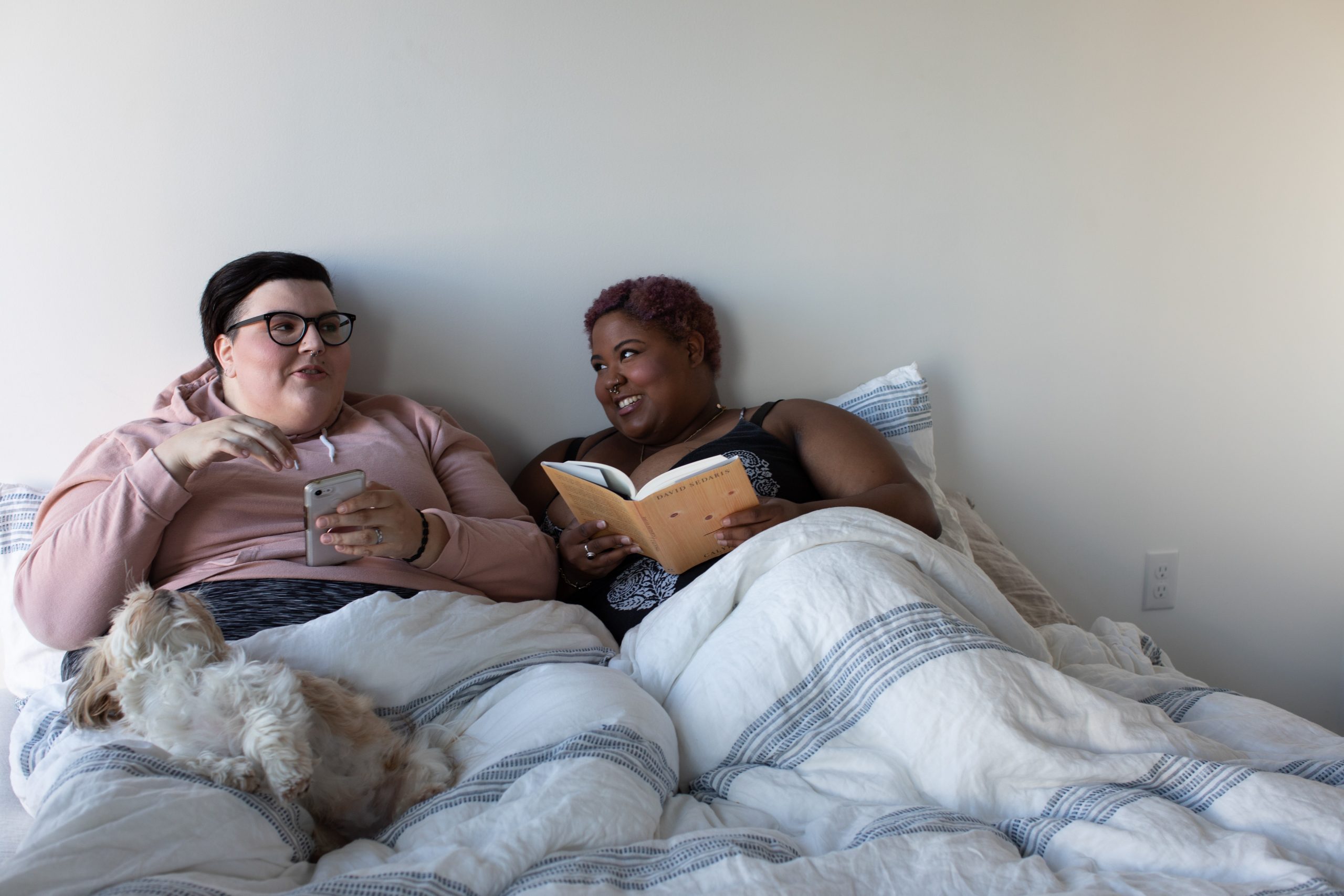
Frequently Asked Questions
Do I need to be queer to seek services with Queer City Therapy?
Definitely not! The name Queer City is referencing not just queer sexual orientations, but queering how we live: questioning what is considered normal and expected and living lives off of the heteropatriarchal script.
How do I become a client?
If you are interested in working with one of our therapists, the first step is to reach out and schedule a free 15 minute consultation. During that call we’ll ask you to describe a bit about yourself, what your life is like right now, what led you to reach out, and what you want to gain from therapy. If we feel that we could be a good fit, we can schedule our first session together. If we don’t feel that we are a good fit, it is absolutely nothing personal – it simply means that we believe that you would benefit more from work with a different professional. If that is the case we will provide you with referrals that we believe may be more beneficial.
Are sessions virtual or in-person?
Either! Cassandra provides both virtual and in-person sessions at their office in Buffalo.
Do you accept insurance?
We are not paneled with any insurance companies; all payment is due at time of service.
Cassandra can provide a superbill if you would like to submit this to your insurance company to try for out-of-network reimbursement. We highly recommend contacting your insurance company to discuss this before committing to sessions.
Do you have sliding scale spots?
All sliding scale spots are full at this time.
Where is your office?
Our office is located at 257 Lafayette Ave, Suite 103, Buffalo, NY. We are located on the first floor and share space with another therapy practice, Whole Stories Therapy. Our office space has water available as well as a gender-neutral restroom.
What does LCSW mean?
LCSW stands for Licensed Clinical Social Worker, which in the state of New York indicates that the licensed professional has completed at least three years of post-graduate clinical work. Social workers are mental health professionals who focus on both the individual and the systems surrounding the individual, including class, race, ethnicity, religion, gender identity, sexual orientation, and the systematic oppressions of non-white, non-cis, non-male, non-heterosexual identities.
I have another question!
We’d love to answer! You can reach out to us at admin@queercitytherapy.com